How 3DS became a massive (and unlikely) success story
"Wii U is dying." "Wii U is dead." "Wii U blah blah woof woof." Yes, the machine is in trouble, but everyone is so quick to criticise and put the boot in while Nintendo is apparently down, they’re forgetting one thing: 3DS is a massive success. And it’s just quietly getting the job done in exemplary fashion.
And really it is against all the supposed odds. I mean, what happened to the handheld-killing mobile phone game scene? Yes, everybody still plays their mobiles when they have a few minutes spare, but the 'no need to buy a dedicated handheld' thinking that was supposed to end Nintendo's reign has totally failed to materialise. Gotta love the analysts.
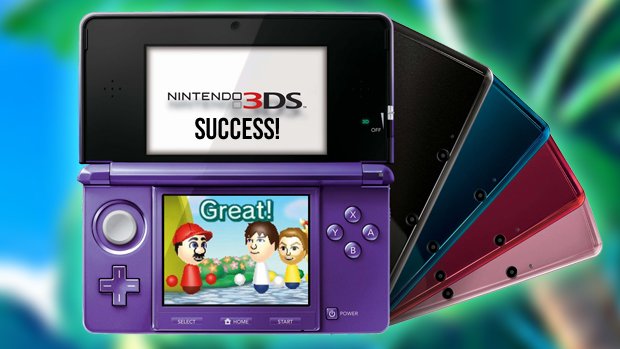
In fact, iOS and Android weren’t even the main obstacles for early sales of the system. There were two far bigger reasons for consumers staying well away: namely the price and a lack of games. Two clear problems that Nintendo identified... and deftly fixed. Highly controversially in the case of the former, as the early price drop looked like a massive middle finger to the early adopters. But it was a masterstroke.
Dropping the price by almost £100/$100 (depending on where you bought it) brought the console down in to the ‘affordable’ bracket for parents looking for gifts for their children. And even the early adopters were rewarded with a decent selection of GBA and NES games, thanks to the ‘Ambassador Program’ that went some way toward compensating them for the apparent insult.
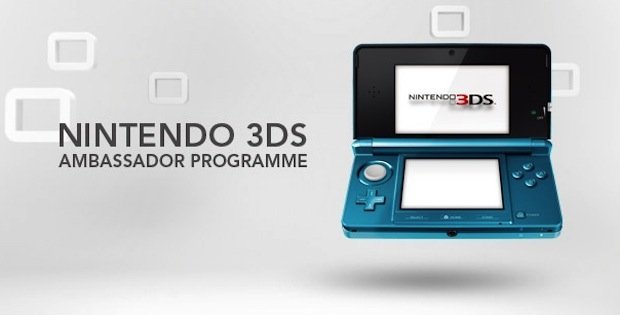
What Nintendo did next was extremely clever. Having dropped the price of the handheld so low, profits were likely tiny or non-existent. Just look at the gamz jarnalsim-heavy story I wrote about the wholesale price of the initial units for proof of that. But having taken that hit in getting the console into more gamers’ hands, word of mouth began to spread. This machine is special.
So your product is selling well but you’re not making any money. What do you do? Cut your variable costs. Best way to do that is with a new SKU. And so we were very quickly introduced to Nintendo 3DS XL. Sure, it looked different and had that old angle of ‘great for older people because the screen’s bigger', but it immediately became the main unit that Nintendo promoted. Why? Because it’s undoubtedly cheaper to make than the old model.
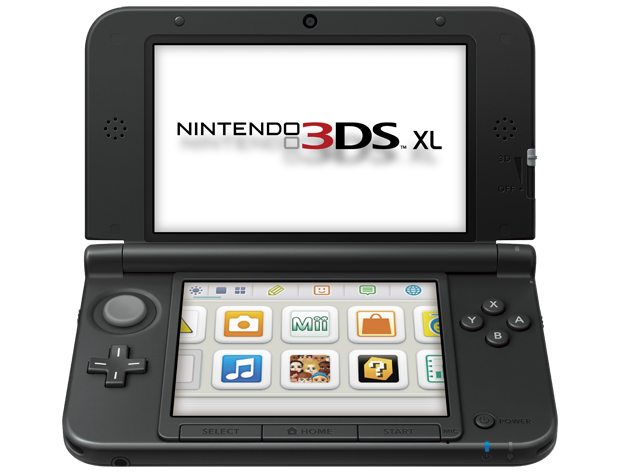
Just compare the feel of the buttons and the quality of the finish to the initial pearlescent 3DS. Cheap, flat-toned plastic case, slightly clunky buttons… it’s the polar opposite of the deluxe-feeling upgrade that DS Lite introduced over the original DS ‘Phat’. It doesn’t even have a significantly better battery.
Sign up to the GamesRadar+ Newsletter
Weekly digests, tales from the communities you love, and more
Instead of using the model to iron out the original unit’s few shortcomings, Nintendo used it as a replacement unit so they could continue their original plan at the reduced price while still making money. For 3DS XL was more expensive than the original model’s revised RRP. Very clever.
Around this time, the console’s problem of a lack of games was also solved with around 6 high-quality releases. The likes of Super Mario 3D Land, Mario Kart 7, and--to a lesser extent--Luigi's Mansion 2 and Donkey Kong Country Returns 3D all have that traditional Nintendo first-party gloss and appeal. There was a free game if you bought three of an amazing selection, then Animal Crossing: New Leaf and Pokemon X/Y arrived and the 3DS simply wasn’t in trouble any more. The turnaround was complete.
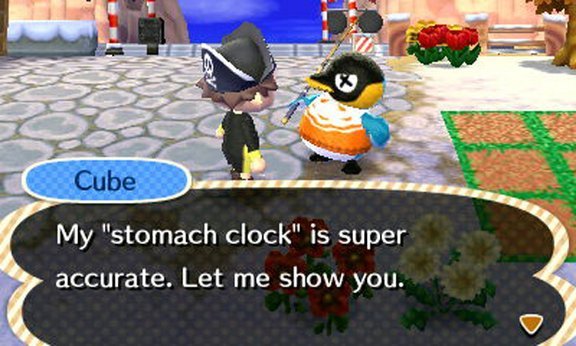
Since then, with the exception of 2DS (again cutting costs with its single screen under the lid and cheap plastic feel), which made it easier to sell the machine to parents concerned for the health of their children’s eyes, the machine has gone rather quiet. We’ve seen some mis-steps in terms of games like Yoshi's New Island, but the library is sufficiently large now that most newcomers can buy the system and play for years before running out of great games.
The 3DS release schedule is undoubtedly quiet because Nintendo’s internal teams are frantically preparing quality new software for Wii U, but the job’s basically been done now. 3DS game sales in 2013 were 45% higher than in 2012. The momentum is there. The system is a success now no matter what happens. The addition of MiiVerse is only going to help advertise software virally, and as time goes on the cost of the units might even come down again, putting the console into the hands of even more gamers. Success breeds success.
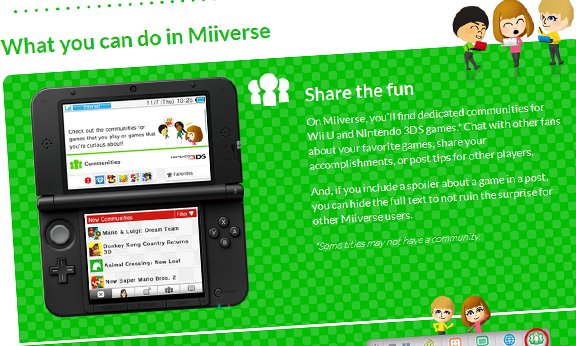
In hindsight, it’s a shining example of business nous. Let me put on my 'business speak' hat so I can say: "Maximising penetration via a loss leader while minimising damage to long-term goodwill and customer loyalty, before revising the product to maximise profits while successfully marketing the revision as something even existing owners should ‘upgrade’ to was genius". Hat off again. In other words, the 3DS crisis management strategy was brilliant and worked perfectly. Which is why I can’t believe the same company is struggling so hard with Wii U.
The only thing left now for that console is to slash its price to under £100 or $100. There’s no other way it can succeed. But look! Yet again, the article has come back to Wii U. It’s 3DS I want to champion. It's a beautiful, joyous machine, full of great (and fundamentally nice) games and experiences, with fantastic social gameplay built right in.
It’s become one of the best game consoles ever made, yet I feel like the gaming world is forgetting about it, probably because the world loves to criticise. Perhaps barring its less-than-ideal battery life, there’s not much wrong with this little beauty at all. It’s exactly how gaming should be and it's great to see that sell so well. I say 'bravo' to all concerned.
Justin was a GamesRadar staffer for 10 years but is now a freelancer, musician and videographer. He's big on retro, Sega and racing games (especially retro Sega racing games) and currently also writes for Play Magazine, Traxion.gg, PC Gamer and TopTenReviews, as well as running his own YouTube channel. Having learned to love all platforms equally after Sega left the hardware industry (sniff), his favourite games include Christmas NiGHTS into Dreams, Zelda BotW, Sea of Thieves, Sega Rally Championship and Treasure Island Dizzy.



